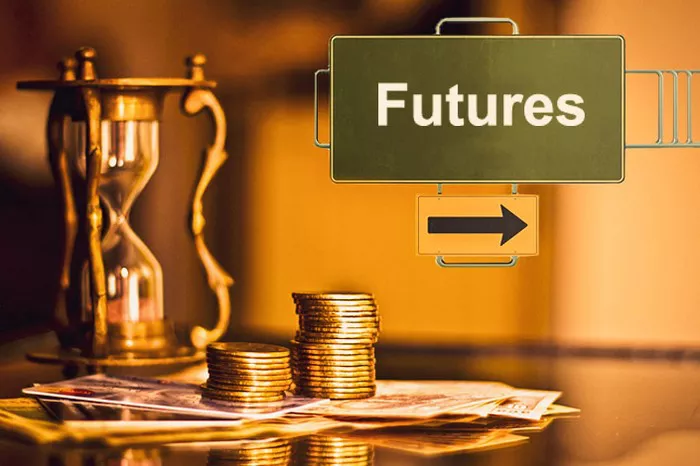Selecting the best exchange for futures trading is a crucial decision for any trader looking to participate in the futures market. With numerous exchanges offering a wide range of futures contracts, each with its own unique characteristics and advantages, it’s essential to consider several factors when making this decision. In this article, we’ll explore some of the top exchanges for futures trading and discuss the key considerations to keep in mind when evaluating them.
Understanding Futures Exchanges
Before diving into the discussion of which exchange is best for futures trading, it’s essential to understand what futures exchanges are and how they operate. Futures exchanges are centralized marketplaces where buyers and sellers come together to trade standardized futures contracts. These contracts represent agreements to buy or sell a specific quantity of an underlying asset at a predetermined price and date in the future.
Futures exchanges play a crucial role in facilitating price discovery, providing liquidity, and mitigating counterparty risk in the futures market. They offer a wide range of futures contracts covering various asset classes, including commodities, currencies, equities, and interest rates. Traders can access these contracts through brokerage firms or electronic trading platforms, allowing them to speculate on price movements or hedge against risk.
Key Considerations for Choosing an Exchange
When evaluating which exchange is best for futures trading, traders should consider several key factors to ensure they select the most suitable option for their needs. Some of the most important considerations include:
Product Offering: Different exchanges offer different types of futures contracts, so traders should consider the breadth and depth of the product offering available on each exchange. Some exchanges specialize in specific asset classes or sectors, while others offer a more diverse range of contracts.
Liquidity: Liquidity is essential for efficient and seamless trading. Traders should choose exchanges with deep liquidity in the futures contracts they wish to trade to ensure tight bid-ask spreads and minimal slippage.
Trading Hours: The availability of trading hours can vary between exchanges, with some offering extended trading sessions outside regular market hours. Traders should consider their preferred trading times and select exchanges that align with their schedules.
Regulatory Environment: Regulatory oversight is critical for maintaining market integrity and investor protection. Traders should choose exchanges that operate in well-regulated jurisdictions and adhere to stringent regulatory standards.
Trading Costs: Fees and commissions can vary between exchanges and may impact trading profitability. Traders should consider factors such as exchange fees, clearing fees, and transaction costs when evaluating the total cost of trading on each exchange.
Technology and Infrastructure: The quality of the trading platform, order execution speed, and reliability of the exchange’s technology infrastructure are crucial factors for traders, especially high-frequency and algorithmic traders.
See Also: How accurate are Fed Funds futures?
Top Futures Exchanges
Several futures exchanges are widely regarded as leading venues for futures trading, each offering unique advantages and opportunities for traders. Some of the top exchanges include:
Chicago Mercantile Exchange (CME Group): As one of the largest and most diverse derivatives exchanges globally, the CME Group offers a wide range of futures contracts covering commodities, equities, currencies, and interest rates. It is known for its deep liquidity, robust technology infrastructure, and extensive product offering.
Intercontinental Exchange (ICE): ICE operates several futures exchanges, including ICE Futures U.S., ICE Futures Europe, and ICE Futures Canada. It specializes in energy, agricultural, and financial futures contracts and is known for its electronic trading platform and global reach.
Eurex Exchange: Based in Europe, Eurex Exchange is one of the leading derivatives exchanges globally, offering futures and options contracts on European equities, equity indexes, interest rates, and commodities. It is known for its innovative products, efficient trading platform, and strong regulatory framework.
Tokyo Commodity Exchange (TOCOM): TOCOM is the leading commodity futures exchange in Japan, offering futures contracts on precious metals, energy, agricultural products, and other commodities. It is known for its transparent pricing, liquidity, and accessibility to international traders.
Hong Kong Futures Exchange (HKEX): HKEX operates the Hong Kong Futures Exchange and offers futures contracts on equity indexes, commodities, currencies, and interest rates. It is known for its strategic location, access to Asian markets, and innovative product offerings.
Conclusion
Choosing the best exchange for futures trading is a critical decision that can significantly impact a trader’s success and profitability. By considering factors such as product offering, liquidity, trading hours, regulatory environment, trading costs, and technology infrastructure, traders can make informed decisions and select the exchange that best meets their needs and objectives. Whether trading commodities, currencies, equities, or interest rates, there are numerous exchanges globally that offer opportunities for traders to participate in the futures market and capitalize on price movements across a wide range of asset classes.

